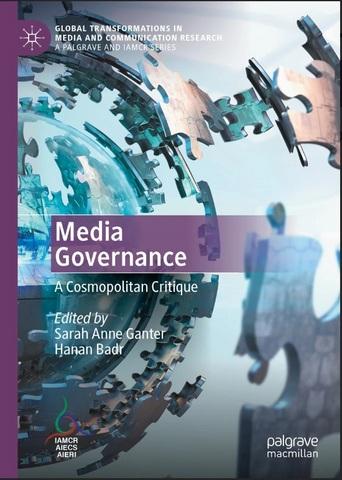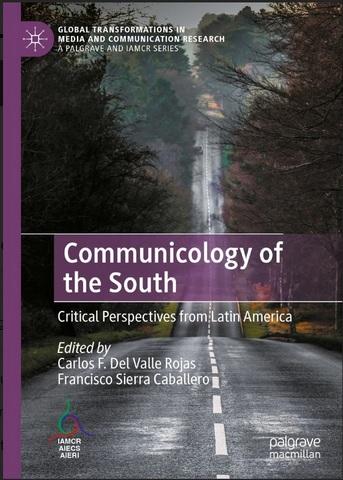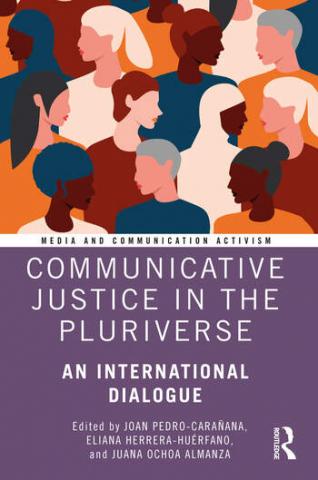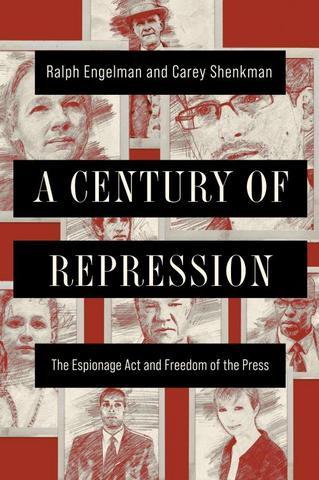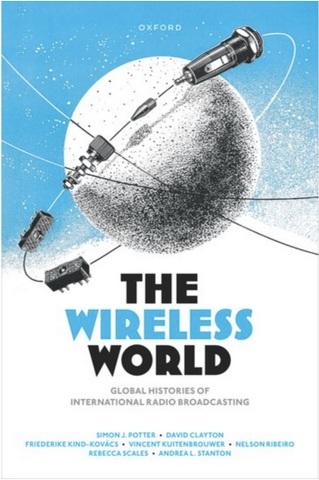







- ‹ previous
- 11 of 17
- next ›
IAMCR books
Edited by Sarah Anne Ganter and Hanan Badr, this is the 19th title in the Palgrave/IAMCR book series Global Transformations in Media and Communication Research. The book offers a critical map to navigate the field of media governance.
Edited by Carlos F. Del Valle Rojas and Francisco Sierra Caballero, this is the 18th title in the Palgrave/IAMCR book series Global Transformations in Media and Communication Research. The book explores how communication confronts power, property and the market in Latin American cultures.
Members' books
Edited by Joan Pedro-Carañana, Eliana Herrera-Huérfano and Juana Ochoa Almanza, this book examines communicative justice from the perspective of the pluriverse and explores how it is employed to work towards key pluriverse goals of environmental, cognitive, sociocultural, sociopolitical, and political economy justice.
Edited by Lina Dencik, Arne Hintz, Joanna Redden and Emiliano Treré, this book outlines the intricate relationship between datafication and social justice, exploring how societies are, will, and should be affected by data-driven technology and automation.
By Ralph Engelman and Carey Shenkman, this book offers an unprecedented and panoramic history of the use of the Espionage Act of 1917 as the most important yet least understood law threatening freedom of the press in modern American history.
By Simon J. Potter, David Clayton, Friederike Kind-Kovacs, Vincent Kuitenbrouwer, Nelson Ribeiro, Rebecca Scales, and Andrea Stanton, this book sets out a new research agenda for the history of international broadcasting, and for radio history more generally.
